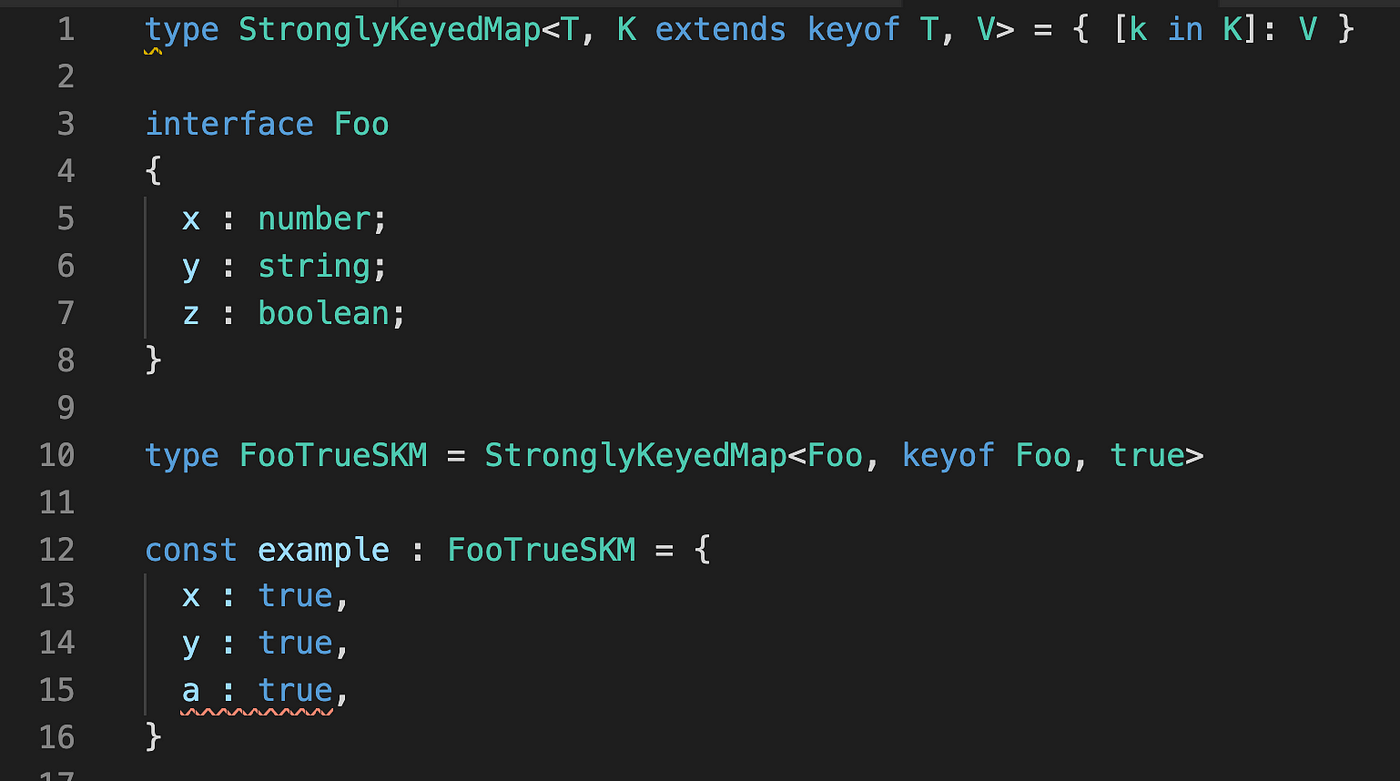

- #Common indirection found in code how to#
- #Common indirection found in code code#
- #Common indirection found in code plus#
I do not have specific instructions for this product on how to adjust the references to libraries, includes, etc. The source repository contained a workspace (.dsw) file that I am using for all of the projects. I have set up the build on my system using MSVC++ 6.0. Computers (and backups of those computers) previously used for running this build are now completely unavailable. I have only a little experience building with this environment (I am otherwise a seasoned developer) so I need help getting past a couple of issues that I have encountered.
#Common indirection found in code code#
The previous maintainer of the code (a mixture of C and C++) is no longer with the company, but when he built the code he used MSVC++, and though I am not certain of the version he was using, I think it was either 4.0 or 6.0. I am trying to rebuild code for a working, commercially sold application with only partial build instructions. data never uses data masking or tidy select.I am posting two threads because I have two different problems, but both have the same background information. If you check the documentation, you'll see that. We show you the minimum amount of code so that you can get the basic idea most real problems will require more code or combining multiple techniques. The following examples solve a grab bag of common problems. Variables not found in a character vector:
#Common indirection found in code plus#
In a character vector then ! plus all_of() to select all of the The following code uses all_of() to select all of the variables found When you have an env-variable that is a character vector, you need to useĪll_of() or any_of() depending on whether you want theįunction to error if a variable is not found. If you'd like to learn more about the underlying theory, or precisely how it's different from non-standard evaluation, we recommend that you read the Metaprogramming chapters in Advanced R. This vignette will give you the minimum knowledge you need to be an effective programmer with tidy evaluation. We'll first go over the basics of data masking and tidy selection, talk about how to use them indirectly, and then show you a number of recipes to solve common problems. This vignette shows you how to overcome those challenges. ĭata masking and tidy selection make interactive data exploration fast and fluid, but they add some new challenges when you attempt to use them indirectly such as in a for loop or a function.

To determine whether a function argument uses data masking or tidy selection, look at the documentation: in the arguments list, you'll see or. Tidy selection so you can easily choose variables based on their position, you write my_variable notĪcross(), relocate(), rename(), select(), and pull() use They were variables in the environment (i.e. Summarise() use data masking so that you can use data variables as if There are two basic forms found in dplyr:Īrrange(), count(), filter(), group_by(), mutate(), and Tidy evaluation is a special type of non-standard evaluation used throughout the tidyverse. Most dplyr verbs use tidy evaluation in some way. Options(tibble.print_min = 4L, tibble.print_max = 4L) Knitr ::opts_chunk $ set(collapse = T, comment = "#>") group_split: Split data frame by groups.group_nest: Nest a tibble using a grouping specification.group_map: Apply a function to each group.group_by_prepare: Same basic philosophy as group_by_prepare(): lazy_dots comes.group_by_drop_default: Default value for.group_by_all: Group by a selection of variables.group_by: Group by one or more variables.filter_all: Filter within a selection of variables.filter: Subset rows using column values.dplyr_tidy_select: Argument type: tidy-select.dplyr-package: dplyr: A Grammar of Data Manipulation.dplyr_extending: Extending dplyr with new data frame subclasses.dplyr_data_masking: Argument type: data-masking.distinct_all: Select distinct rows by a selection of variables.cumall: Cumulativate versions of any, all, and mean.copy_to: Copy a local data frame to a remote src.compute: Force computation of a database query.common_by: Extract out common by variables.coalesce: Find first non-missing element.check_dbplyr: dbplyr compatibility functions.c_across: Combine values from multiple columns.bind: Efficiently bind multiple data frames by row and column.between: Do values in a numeric vector fall in specified range?.bench_compare: Evaluate, compare, benchmark operations of a set of srcs.backend_dbplyr: Database and SQL generics.auto_copy: Copy tables to same source, if necessary.arrange_all: Arrange rows by a selection of variables.all_vars: Apply predicate to all variables.all_equal: Flexible equality comparison for data frames.add_rownames: Convert row names to an explicit variable.across: Apply a function (or functions) across multiple columns.


 0 kommentar(er)
0 kommentar(er)
